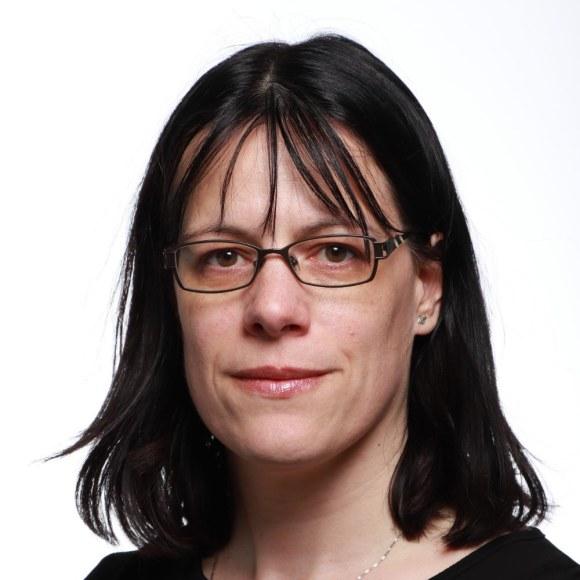Cerium-doped Yttrium Aluminum Garnet (Ce:YAG) is a phosphorescent material that is being extensively used in the most common LED lights. In this design, referred to as a phosphor-converted LED, the blue light obtained from a semiconductor material, excites the phosphor powder, which is usually encapsulated in the outer casing. The light emitted by the yellow phosphor combines with the blue light emitted by the LED to produce white light. Despite the undeniable advantages of LEDs (high energy efficiency, mass-production, flexibility in optical designs), they suffer from one particular disadvantage: they can be powerful but they are not very intense.
We propose to develop novel, unexpensive and light weight white light source. It will be based on glass-based composite fibers which contain Ce:YAG crystals embedded in glass matrix. Our goal is to remove the main barriers to composite fibers commercialization as there are no such fibers available commercially.
Funding
Funding source
Jane and Aatos Erkko Foundation
People
Laeticia Petit
Professor, Photonic Glasses Laeticia Petit
Laeticia PetitPartners
University of Eastern Finland - Prof Matthieu Roussey
Contact persons
laeticia.petit [at] tuni.fi (laeticia[dot]petit[at]tuni[dot]fi)
